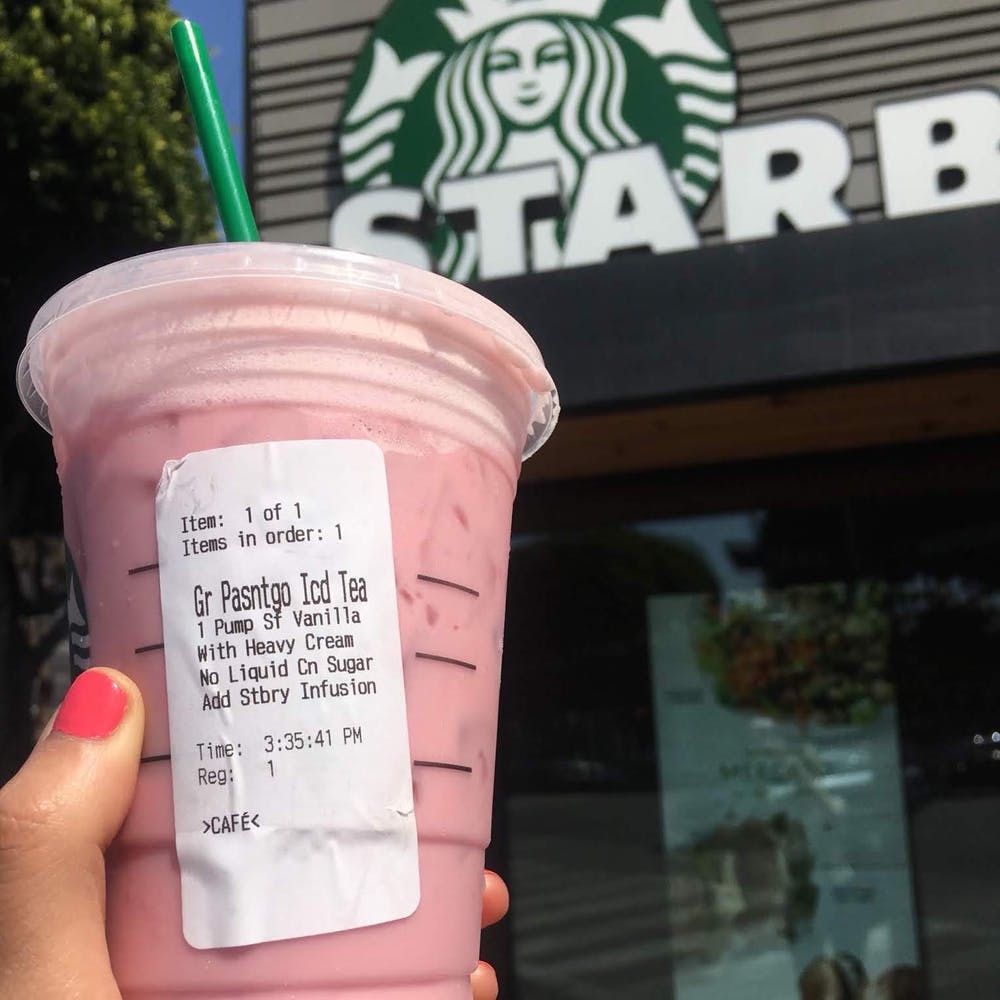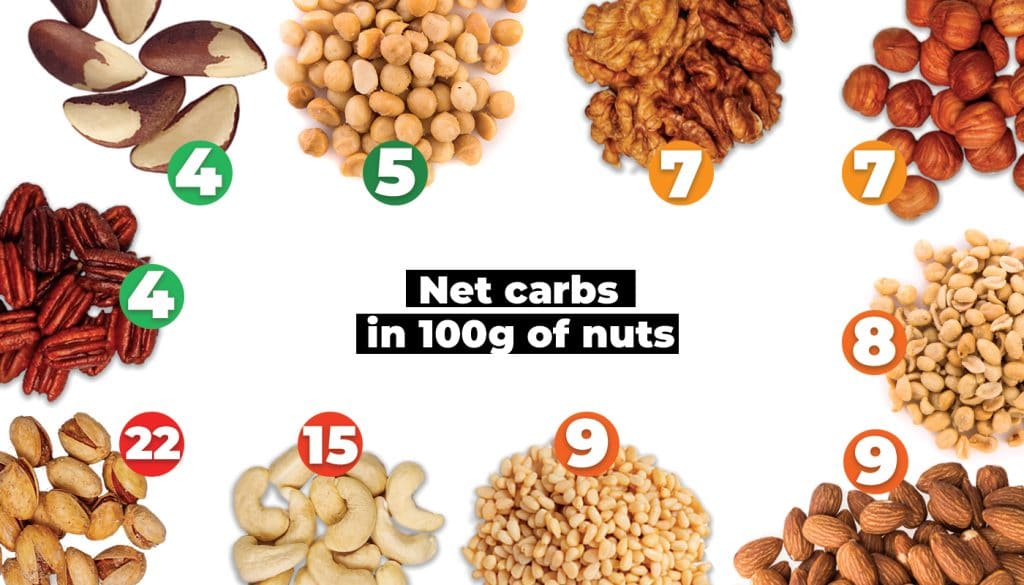Apply Now
Top 5 Ways to Differentiate Zero Sugar and Diet Products in 2025
Understanding the difference between zero sugar and diet products has become increasingly important for consumers navigating a growing array of beverage options in a health-conscious world. As 2025 unfolds, awareness about nutritional labels, ingredients, and the health benefits of these products is more crucial than ever. Whether you're counting calories or managing sugar intake, distinguishing between these two categories helps inform your beverage choices and support your fitness goals.
In this guide, we will explore the key ways to differentiate zero sugar and diet products, focusing on their ingredients, health impact, taste profiles, and consumer perceptions. Furthermore, we will delve into how these products relate to current wellness trends and dietary habits, providing insights that promote informed decisions.
By understanding these distinctions, not only can you make healthier lifestyle choices, but you can also indulge in beverages that align with your health objectives and personal preferences. Join us as we navigate through these important aspects that can help you manage your sugar intake and overall wellbeing.
Understanding Ingredients: What Sets Zero Sugar Apart from Diet Products
Building on the basics of beverage types, the first differentiator lies in the ingredients. Zero sugar products, as the name suggests, contain no sugar at all. Instead, they often use alternative sweeteners, such as stevia or sucralose, to provide sweetness without the calories associated with traditional sugars. These alternative sweeteners can significantly reduce the carbohydrate content while catering to consumers' sweet cravings.
On the other hand, diet products may still contain some sugar but at a reduced level. For instance, diet sodas often use a combination of artificial sweeteners and small amounts of sugar or sugar alcohols. Understanding the specifics of the ingredients list is crucial for informed decisions, particularly concerning dietary restrictions or health concerns.
Moreover, it’s essential to consider the nutritional composition of these beverages. Zero sugar options typically boast a calorie-free designation, attracting health-conscious consumers seeking to manage their body weight or adhere to low-calorie diets. In contrast, some diet products may still contribute a few calories, albeit in lower amounts than their full-sugar counterparts.
The Role of Artificial Sweeteners in Beverage Options
Artificial sweeteners play a pivotal role in differentiating zero sugar and diet products. Many zero sugar drinks rely on sweeteners like aspartame or acesulfame potassium, which have been thoroughly studied for their safety and effects on health. Understanding how these sweeteners function can empower consumers to make healthier choices.
Choosing beverages with artificial sweeteners can provide the desired sweet taste without the caloric burden of sugar. However, the conversation around sweetener safety continues, leading to consumer debates about their long-term health impacts versus traditional sugar. Conducting thorough research on individual sweeteners can guide your beverage selections and help you align them with your wellness trends.
Additionally, consumers often favor products that market themselves as "sugar-free" or "zero-calorie." Examining label reading skills informed by clear labeling practices ensures that you are aware of what is in the beverages you choose, thus promoting mindful consumption and health tracking based on your dietary needs.
The Importance of Label Reading in Consumer Choices
With a multitude of options available, navigating nutritional labels has never been more critical. Understanding what to look for when comparing zero sugar and diet products can aid in making more informed decisions. Consumers should focus on essential elements such as the calories per serving, ingredients list, and any health claims made on packaging.
For zero sugar beverages, it is vital to check for claims of "no sugar added" or "zero calories," ensuring the product aligns with your health objectives, especially for weight management or carbohydrate content. Meanwhile, diet products may subtly market themselves in ways that emphasize reduced sugar, leading to potential confusion if the labels aren't examined closely.
Moreover, mindful label reading can uncover hidden ingredients that may influence health, such as added flavors or preservatives. By prioritizing products with transparent ingredient lists that prioritize health, you can enjoy guilt-free indulgence while minimizing any potential health risks associated with artificial ingredients.
Health Benefits and Risks: Comparing Diet and Zero Sugar Products
Following an exploration of ingredients, the next major factor in differentiating these beverages lies in their health benefits and potential risks. Zero sugar products have gained popularity due to their ability to provide a sweet taste without contributing to sugar intake. This benefit is particularly important for individuals with diabetes or those managing their weight.
However, the health risks of consuming zero sugar products often emerge from the controversy surrounding artificial sweeteners. While scientific studies report varying results on their impact, some consumers remain skeptical, driven by flavor balancing issues and claims that these sweeteners can lead to increased sugar cravings. Understanding these varying perspectives can empower consumers in their decision-making process.
Conversely, diet products can contribute to calorie reduction. Yet, the presence of small amounts of sugar can still lead to slight glucose spikes in sensitive individuals. This nuanced understanding invites an honest consideration of one's dietary habits and lifestyle choices when selecting between zero sugar and diet products.
Making Health-Conscious Decisions and Weight Management
The convergence of health consciousness and weight management significantly influences consumer choices between zero sugar and diet products. Understanding the implications of sugar consumption, calories, and alternative sweeteners plays a pivotal role in maintaining effective dieting trends. Therefore, choosing between zero sugar and diet beverages can directly impact your fitness goals.
Incorporating beverages that meet dietary preferences and restrictions into an active lifestyle can boost hydration and maintain energy levels throughout the day. Evaluating personal experiences with different beverages while tracking health outcomes can optimize beverage consumption based on individual nutritional needs.
Moreover, the popularity of health tracking has heightened awareness of what goes into our bodies. Many consumers now leverage health apps and online resources to facilitate informed beverage choices, contributing to overarching wellness trends that promote mindful eating and healthy hydration.
Taste Comparison: Finding Your Preferred Flavor Profiles
Taste can often be the deciding factor in beverage choices. Many consumers find themselves questioning whether zero sugar or diet products provide a more satisfying sweet taste. The flavor profiles of zero sugar products, made with alternative sweeteners, can vary significantly from diet products, which may depend on a mix of sweeteners.
When comparing taste, conducting personal taste tests or reviewing product comparisons can highlight which beverages offer a satisfying experience without sacrificing wellness objectives. Taste preferences vary widely, and while some may lean towards the intense sweetness of zero-calorie options, others may favor the familiar taste of diet sodas.
The evolution of flavor enhancements in both categories provides consumers with a multitude of choices to satisfy sweet cravings, catering to those with distinct palate preferences. Experimenting with various flavors and brands allows for personal discovery that aligns with health goals.
Consumer Choices in the Evolving Beverage Market
As consumer behavior continues to shift towards health-focused options, understanding the differences between zero sugar and diet products becomes essential. The rising trend of sugar alternatives, along with public health initiatives aimed at reducing sugar consumption, signifies a considerable transition in dietary habits.
Being aware of how marketing influences beverage choices aids consumers in making informed decisions that align with their values. Engaging with product reviews, health statistics, and informed consumer behavior fosters a stronger relationship with beverage options.
Furthermore, industry standards are evolving as consumer awareness and demand for clear labeling increase. Beverage marketing strategies that emphasize health benefits without misleading claims can help consumers navigate current trends in the soft drink market to ensure they are making choices that align with their health objectives.
Addressing Dietary Habits Through informed Decisions
Informed choices extend beyond just sugar content. They encompass broader dietary needs, including understanding how beverages fit into overall meal choices and lifestyle modification efforts. Awareness of beverage health impacts combined with an appreciation for flavor varieties can enrich daily living experiences.
Engaging with health promotion campaigns and collaborating with fitness influencers can empower individuals to reshape their dietary habits. By embracing mindful consumption of beverage options, you can take charge of your health and align your drinking habits with your fitness goals.
In the end, comparing zero sugar and diet products is more than a question of taste; it’s about understanding long-term impacts on health and wellness. By making conscious decisions, you can foster lasting changes in your dietary habits while enjoying the beverages you love.
Q&A on Zero Sugar and Diet Products
What is the main difference between zero sugar and diet products?
The main difference lies in their ingredients. Zero sugar products contain no sugar at all and rely on artificial or alternative sweeteners for flavor. In contrast, diet products may have reduced sugar, often combining artificial sweeteners with a small amount of sugar or sugar alcohols.
Are artificial sweeteners safe for consumption?
Most studies suggest that artificial sweeteners are safe for general consumption. However, individual reactions can vary, and some people choose to avoid them due to concerns about potential long-term health impacts. It is recommended to conduct personal research and monitor any reactions to specific sweeteners.
How can I choose healthier beverages in 2025?
Choosing healthier beverages involves reading nutritional labels to assess calorie content and ingredients. Look for products with clear labeling and minimal artificial additives. Engaging with product reviews, nutrition science, and being mindful of dietary needs can help you make informed choices.
Can low-calorie drinks help in weight management?
Yes, low-calorie drinks can assist in weight management as they typically provide fewer calories than their full-sugar counterparts. They can serve as useful substitutes for sugary beverages while satisfying sweet cravings. However, mindful consumption and overall balanced dietary habits remain crucial.
What are popular trends in the beverage industry?
Recent trends include an increased focus on health-conscious beverages, the rise of plant-based sweeteners, and transparency in product labeling. Consumers are seeking alternatives that fit their dietary restrictions while promoting wellness, leading to innovative beverage marketing strategies that cater to these demands.




